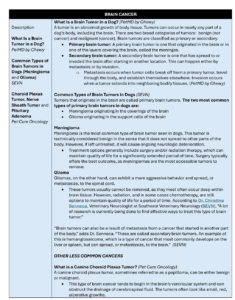Canine Brain and CNS Cancer
& Breeds at Risk
Research, Resources & Education
This website is based on research and is NOT created to diagnose your pet.
Each animal is an individual and may exhibit symptoms in a different way.
It is advised that you ALWAYS CHECK WITH YOUR VETERINARIAN for a proper diagnosis and treatment plan.
Please visit Lost Temple Fitness & Cancer for more information of cancer in humans including
What is Cancer and Treatments.
Table of Contents
Canine Brain & CNS Tumors
Brain and spinal cord tumors can be benign or malignant. The two most common types of primary brain tumors in dogs are: Meningioma and Glioma
Symptoms include Seizures, Vision loss, Neck/Head pain, Restlessness, Nausea and Unsteadiness.
Dogs with long noses or dolichocephalic breeds, such as collies and greyhounds are more likely to develop meningiomas.
Short nosed or brachycephalic dog breeds such as pugs and bulldogs are more likely to develop pituitary gland tumors and glial cell tumors.
Treatments include Surgery, Radiation, Chemotherapy and Medication
What Dogs are at Risk?
Some Dogs that are at Risk due to Genetic Predisposition

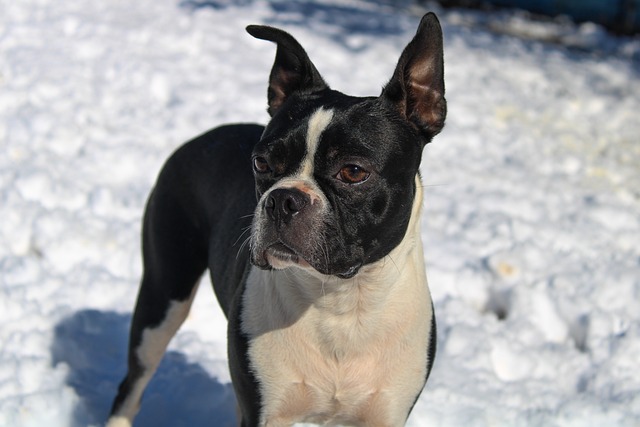

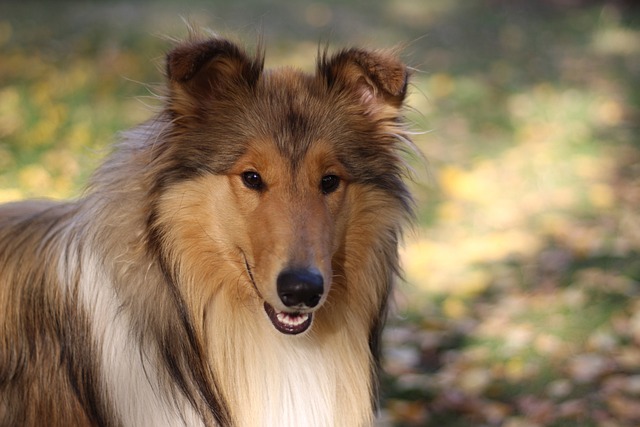

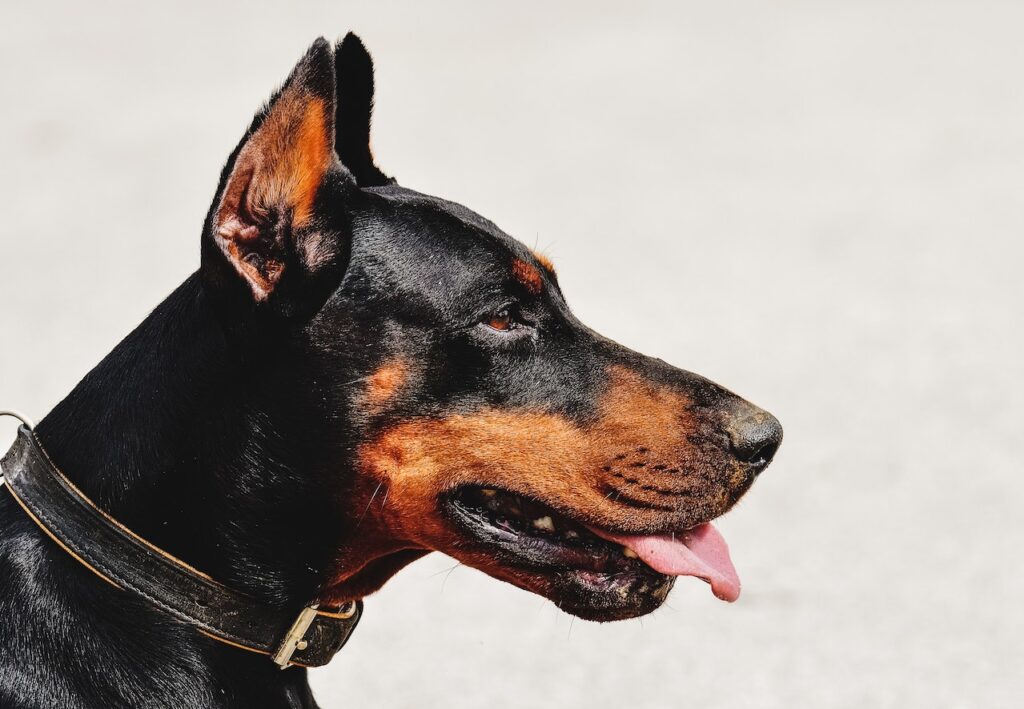

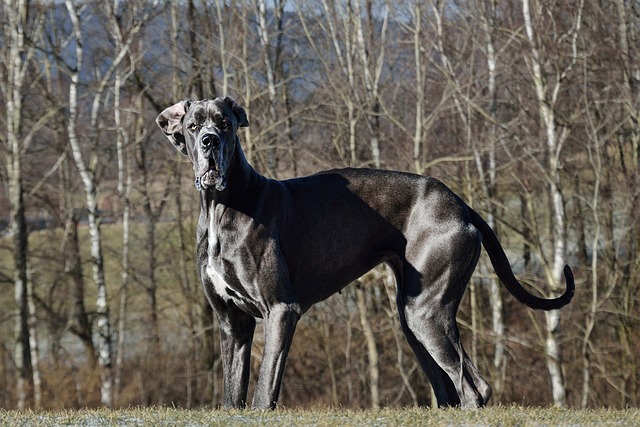

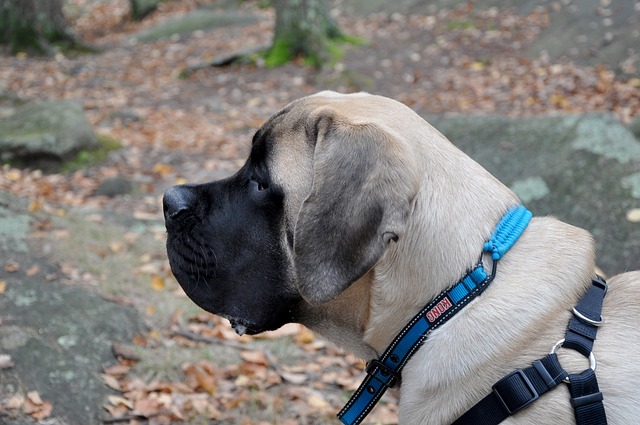
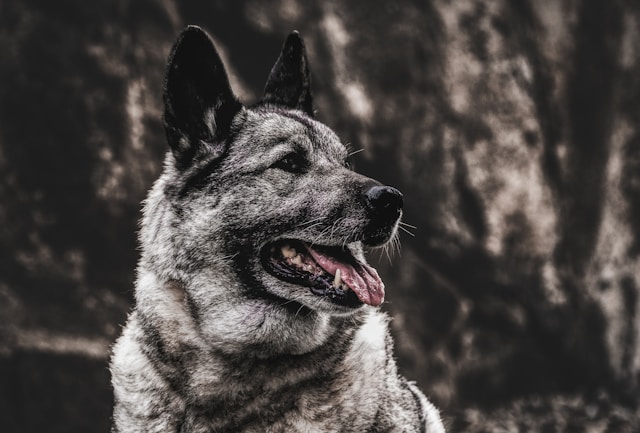
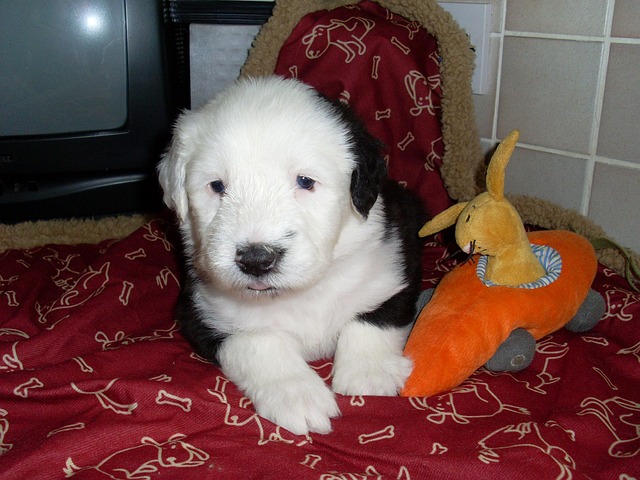



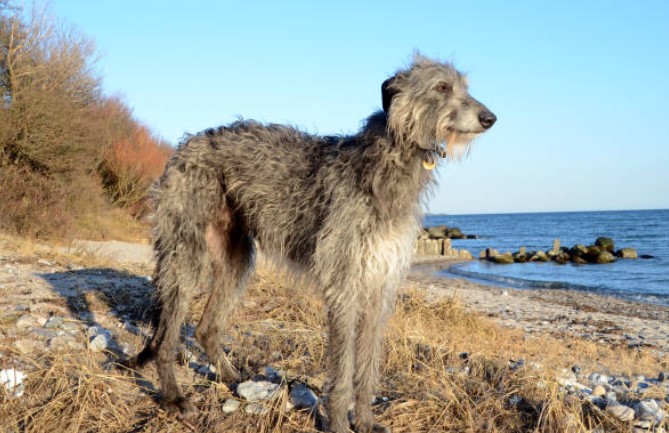
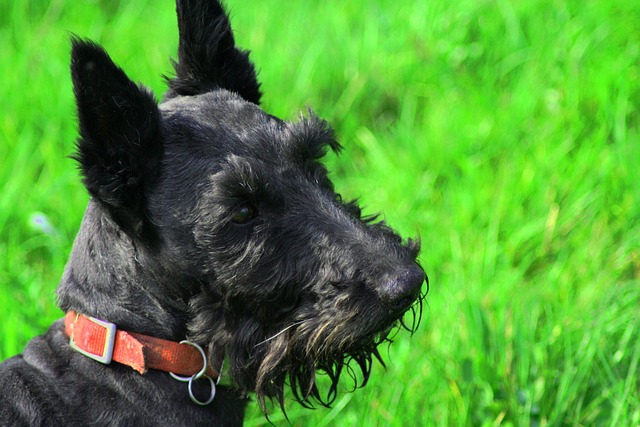

What is Brain Cancer?
Learn More about Brain and CNS in Humans and General Information at Lost Temple Fitness & Brain Cancer.
What Is a Brain Tumor in a Dog? (PetMD by Chewy)
What Is a Brain Tumor in a Dog? (PetMD by Chewy)
A tumor is an abnormal growth of body tissue. Tumors can occur in nearly any part of a dog’s body, including the brain. There are two broad categories of tumors: benign (not cancer) and malignant (cancer). Brain tumors are classified as primary or secondary.
- Primary brain tumor: A primary brain tumor is one that originated in the brain or in one of the layers covering the brain, called the meninges.
- Secondary brain tumor:A secondary brain tumor is one that has spread to or invaded the brain after starting in another location. This can happen either by metastasis or by invasion.
- Metastasis occurs when tumor cells break off from a primary tumor, travel through the body, and establish themselves elsewhere. Invasion occurs when a tumor extends into neighboring bodily tissues. (PetMD by Chewy)
Common Types of Brain Tumors in Dogs (SEVN)
Common Types of Brain Tumors in Dogs (SEVN)
Tumors that originate in the brain are called primary brain tumors. The two most common types of primary brain tumors in dogs are:
- Meningioma originating in the coverings of the brain
- Glioma originating in the support cells of the brain
Meningioma
Meningioma is the most common type of brain tumor seen in dogs. This tumor is technically considered benign in the sense that it does not spread to other parts of the body. However, if left untreated, it will cause ongoing neurologic deterioration.
- Treatment options generally include surgery and/or radiation therapy, which can maintain quality of life for a significantly extended period of time. Surgery typically offers the best outcome, as meningiomas are the most accessible tumors to remove.
Glioma
Gliomas, on the other hand, can exhibit a more aggressive behavior and spread, or metastasize, to the spinal cord.
- These tumors usually cannot be removed, as they most often occur deep within brain tissue. However, radiation, and in some cases chemotherapy, are still options to maintain quality of life for a period of time. According to Christine Senneca, Veterinary Neurologist at Southeast Veterinary Neurology (SEVN), “A lot of research is currently being done to find effective ways to treat this type of brain tumor.”
“Brain tumors can also be a result of metastasis from a cancer that started in another part of the body,” adds Dr. Senneca. “These are called secondary brain tumors. An example of this is hemangiosarcoma, which is a type of cancer that most commonly develops on the liver or spleen, but can spread, or metastasize, to the brain.” (SEVN)
Less Common Types of Tumors (Pet Cure Oncology)
What is a Canine Choroid Plexus Tumor? (Pet Cure Oncology)
A canine choroid plexus tumor, sometimes referred to as a papilloma, can be either benign or malignant.
- This type of brain cancer tends to begin in the brain’s ventricular system and can obstruct the drainage of cerebrospinal fluid. The tumors often look like small, red, ulcerative growths.
- Choroid plexus tumors expand over time and look like a round or cone-shaped protrusion.
What dogs are most susceptible to developing canine choroid plexus papilloma?
- Canine choroid plexus papilloma is fairly rare and there is not enough data to indicate a higher incidence of this type of cancer in any particular breed.
What is a Peripheral Nerve Sheath Tumor? (Pet Cure Oncology)
Peripheral Nerve Sheath Tumors (NST’s), also known as Shwannoma, are tumors that originate in the myelin sheath, which surrounds peripheral nerves. The tumors are outside of the central nervous system so they are located on nerves outside of the brain and spinal cord, including:
- Neurofibrosarcomas (malignant nerve fiber tumors)
- Neurofibromas (nerve fiber tumors), and
- Hemangiopericytoma (tumor of blood vessels and soft tissue)
What dogs are most susceptible to peripheral nerve sheath tumors?
- Peripheral nerve sheath tumors can occur in all dogs; no breed has been singled out as having a higher risk over others.
What is Canine Pituitary Adenoma? (Pet Cure Oncology)
Canine pituitary adenoma is a tumor of the pituitary gland, which is a small pea-sized gland located near the base of the brain.
- The pituitary gland is a tiny organ known for controlling hormones in the body that frequently affect the adrenal gland, thyroid gland and parathyroid gland.
What dogs are most susceptible to developing canine pituitary adenoma?
- Certain breeds appear to be predisposed to developing canine pituitary adenoma including Miniature Poodles, Boxers, Boston Terriers, and Dachshunds. (Pet Cure Oncology)
Brain Tumor Videos
YouTube Videos that help explain Brain Tumors in Dogs
Disclaimer:
This is for research only and Lost Temple Pets does not endorse any video presented on this website.
It is advised that you ALWAYS CHECK WITH YOUR VETERINARIAN for a proper diagnosis and treatment plan.
Causes & Genetics
Causes of Brain Tumors in Dogs (PetMD by Chewy)
Causes of Brain Tumors in Dogs (PetMD by Chewy)
There are no known direct causes of brain tumors in dogs. Research suggests that a combination of factors, such as diet, surrounding environment, genetics, and immune system health, may be involved. Brain tumors can occur at any age but typically happen in dogs over the age of 5.
Certain breeds with particular head and nose shapes appear to be more at risk for developing brain tumors than others, including:
- Dolichocephalic dog breeds:These are breeds with an elongated head and nose. Examples include the Collie, Greyhound, Dachshund, Italian Greyhound, and Great Dane.
- These breeds are more likely to develop meningioma, a type of brain tumor that develops in the membranes surrounding the brain.
- Brachycephalic dog breeds:These are breeds with a shorter nose and flatter face. Examples include the Pug, Shih Tzu, Bulldog, Boxer, Boston Terrier, Pekingese, and Mastiff, among others.
- These breeds are more likely to develop glioma, a type of tumor that originates in the brain or spinal cord. (PetMD by Chewy)
Is There a Genetic or Breed Predisposition for the Development of Brain Tumors? (VCA Animal Hospital)
Is there a genetic or breed predisposition involved in the development of brain tumors in dogs? (VCA Animal Hospital)
Some dog breeds appear more likely to develop brain tumors than others. Breeds that seem to be especially predisposed to developing brain tumors in general include:
Collies, and other dogs with long, narrow heads and noses, are more likely to develop a specific type of brain tumor, known as a meningioma. Meningiomas are benign tumors originating from the membranes covering the brain.
Pugs and other short-nosed breeds are more likely to develop pituitary gland tumors and glial cell tumors, which originate from the structural cells of the nervous system.
While brain tumors can occur in dogs of any age, most dogs who develop brain tumors are over the age of 5. (VCA Animal Hospital)
Symptoms
Signs & Symptoms of Brain Cancer in Dogs (Pet Cure Oncology)
Signs & Symptoms of Brain Cancer in Dogs (Pet Cure Oncology)
If your dog displays these signs or symptoms of brain cancer, have him or her examined by your primary care veterinarian as soon as possible.
- Seizures – This is the most common initial sign of a brain tumor.
- Symptoms can include collapsing, jerking, stiffening, twitching, loss of consciousness, drooling, chomping, tongue chewing, or foaming at the mouth.
- Dogs can fall to the side and make paddling motions with their legs.
- Call your veterinarian as soon as possible if your dog begins to have seizures
- Abnormal Behavior – The brain is responsible for many functions, including emotions and behavior. Your dog is showing signs of increased aggression, loss of learned behavior, depression/dullness, or lethargy
- Vision Loss – Your dog has trouble seeing out of one or both eyes, pupils are dilated, or movement seems uncoordinated
- Food and Water Intake Changes – Your dog is displaying signs of increased or decreased hunger or thirst
- Neck/Head Pain – Your dog has started to tilt their head or is displaying signs of pain or sensitivity in the neck
- Restless – Your dog is constantly pacing or circling to one side
- Unsteady – Loss of balance is another key symptom. Your dog may stagger while walking or standing up/down
- Nausea – Your dog begins to vomit due to an unknown cause
- Other Signs of Cancer – While the above are some of the common signs of a brain tumor, there are other signs of cancer that don’t include the head or neck. (Pet Cure Oncology)
Signs of a Tumor in the Front and Back of the Brain (SEVN)
Signs of a tumor in the front of the brain may include: (SEVN)
- Seizures
- Walking in circles
- Blindness
- Behavior changes
- Head pressing
Signs of a tumor in the back of the brain may include:
- Reduced level of awareness
- Wobbly or uncoordinated walking
- Head tilt
- Abnormal darting of the eyes
- Weakness in the limbs (SEVN)
Testing / Diagnosis
How Veterinarians Diagnose Brain Tumors in Dogs (PetMD by Chewy)
How Veterinarians Diagnose Brain Tumors in Dogs (PetMD by Chewy)
A brain tumor may be suspected in older dogs based on abnormal neurological signs. The veterinarian will start with a thorough physical examination and will test for any sign that something may be affecting your dog’s brain, spinal cord, and nerves.
- Bloodwork such as a complete blood count and serum blood chemistry will likely be performed to rule out other causes of seizures or abnormal behavior. Routine bloodwork cannot diagnose a brain tumor but can eliminate other possible causes of your dog’s symptoms.
- Chest X-rays and abdominal ultrasound will likely be recommended to see if the cancer has spread.
- Approximately 55% of brain tumors do not start in the brain, but instead spread there from another location.
- Even if the brain tumor is a primary tumor, it may have spread to other locations.
- Imaging of the brain is needed to confirm that a brain tumor is present. X-rays cannot penetrate the skull bone enough to visualize the brain.
- Computed tomography (CT) or magnetic resonance imaging (MRI) are needed to image the brain and locate the tumor.
- Dogs will be given general anesthesia for CTs or MRIs to make sure they do not move during the procedure.
- CTs and MRIs are typically performed by a veterinary neurologist.
- Biopsy. The veterinarian may suspect the type of tumor present based on the appearance of a mass on the CT or MRI, but a biopsy is necessary to identify the type of tumor.
Other diseases can look like tumors or cancer on a CT or MRI include abscesses, parasites ( such as toxoplasmosis), cysts, blood clots, and inflammatory lesions. (PetMD by Chewy)
Treatment
Treatment of Brain Tumors in Dogs (PetMD by Chewy)
Treatment of Brain Tumors in Dogs (PetMD by Chewy)
Your veterinarian or veterinary neurologist will discuss the best treatment plan for your dog if they are diagnosed with a brain tumor, depending on the type of tumor and whether it has metastasized.
There are three primary treatment options: surgery, radiation therapy, and chemotherapy.
- Surgery: The goal of surgery is to remove the brain tumor. This is often not possible unless it is located on the brain’s surface.
- Surgery is more likely to be successful for dogs diagnosed with meningioma; however, it is likely that the tumor will recur. This is a highly specialized procedure performed only by a veterinary neurosurgeon.
- Dogs with tumors located deeper in the brain are not good candidates for surgery because of complications that can arise from cutting through healthy brain tissue to reach the tumor site.
- Radiation therapy: Radiation therapy is commonly used to target and shrink brain tumors.
- Radiation can cause negative side effects such as nausea, mouth ulcers, and ear infections, but these can be treated with medication.
- Radiation can quickly improve your dog’s condition, but it rarely destroys the entire tumor.
- On average, brain tumors treated with radiation will recur in eight to 14 months.
- Chemotherapy: Chemotherapy is not a common option for treating brain tumors in dogs.
- The brain is protected by a network of blood vessels that serve as a barrier to keep dangerous substances out. The body interprets chemotherapy drugs as being harmful and prevents them from reaching the brain, and therefore the tumor, in large amounts.
- Medication: Medications may be used as a solo treatment to keep your dog comfortable and increase their quality of life or they may be used with surgery, radiation therapy, or chemotherapy.
- Common medications may include steroids to help slow the growth of the tumor and decrease swelling in the brain, as well as anti-seizure medications to control seizures secondary to the brain tumor. (PetMD by Chewy)
Other Treatment Options for Brain Tumors in Dogs (Pet Cure Oncology)
Other Treatment Options for Brain Tumors in Dogs (Pet Cure Oncology)
- Palliative therapies help increase comfort for your dog but do not treat the cancer.
- Stereotactic Radiation (SRS/SRT) At PetCure Oncology, our centers offer CFRT as well as the newer and more advanced forms of radiation therapy like SRS/SRT. Unlike traditional radiation therapy, SRS/SRT is able to deliver high doses of radiation with sub-millimeter precision. This means:
- Maximum damage to the tumor and minimal collateral damage to healthy tissues nearby
- Fewer treatment sessions compared to CFRT—patients require only 1-3 sessions, which means fewer anesthetic events, more safety, and less disruption to your schedule
- Fast recovery with little to no side effects
- Ability to treat tumors previously considered untreatable (Pet Cure Oncology)
References
References
Emergency Vet USA – Brain Tumors In Dogs (Signs, Symptoms, Treatments)
https://emergencyvetsusa.com/brain-tumors-in-dogs/
PetMD by Chewy – Brain Tumors in Dogs
By Charlotte Hacker, PhD. Reviewed by Veronica Higgs, DVM
Published Jul. 3, 2023
https://www.petmd.com/dog/conditions/cancer/brain-tumors-dogs
Pet Cure Oncology – Brain Cancer in Dogs
https://petcureoncology.com/brain-cancer-in-dogs/
Pet Cure Oncology – What Are the Most Common Types of Brain Tumors in Dogs?
https://petcureoncology.com/what-are-the-most-common-types-of-brain-tumors-in-dogs/
Recognizing Brain Tumors in Dogs: A Guide – SEVN
https://sevneurology.com/blog/brain-tumors-in-dogs
VCA Animal Hospital – Brain Tumors in Dogs
By Catherine Barnette, DVM; Robin Downing, DVM, DAAPM, DACVSMR, CVPP, CRPP
Cancer/Breed Chart
| BREED | BRAIN | HEMANGIO- SARCOMA | LYMPHOMA | MAMMARY TUMORS | MAST CELL TUMOR | MELANOMA | NASAL TUMOR | ORAL | OSTEOSARCOMA | PERIANAL/ ANAL SAC | SOFT TISSUE SARCOMA | TRANSITIONAL (TCC) / UROTHELIAL (UC) |
|---|---|---|---|---|---|---|---|---|---|---|---|---|
| Airedale Terrier | Lymphoma | Melanoma | Nasal Tumor | Soft Tissue Sarcoma | TCC or UC | |||||||
| Basset Hound | Hemangiosarcoma | Lymphoma | Nasal Tumor | Soft Tissue Sarcoma | ||||||||
| Bulldog, English | Brain | Lymphoma | Mast Cell Tumor | Perianal/Anal Sac | Soft Tissue Sarcoma | |||||||
| Bullmastiff | Lymphoma | Mast Cell Tumor | Soft Tissue Sarcoma | |||||||||
| St. Bernard | Lymphoma | Osteosarcoma | Soft Tissue Sarcoma | |||||||||
| Golden Retriever | Brain | Hemangiosarcoma | Lymphoma | Mast Cell Tumor | Melanoma | Oral | Osteosarcoma | Perianal/Anal Sac | Soft Tissue Sarcoma | |||
| Labrador Retriever | Hemangiosarcoma | Lymphoma | Mast Cell Tumor | Melanoma | Nasal Tumor | Oral | ||||||
| Scottish Terrier | Brain | Lymphoma | Melanoma | Nasal Tumor | Oral | Soft Tissue Sarcoma | TCC or UC | |||||
| Boxer | Brain (Glioma) | Hemangiosarcoma | Lymphoma | Mammary Tumor | Mast Cell Tumor | Oral | Osteosarcoma | Soft Tissue Sarcoma | ||||
| Beagle | Hemangiosarcoma | Lymphoma | Mast Cell Tumor | Perianal/Anal Sac | TCC or UC | |||||||
| West Highland White Terrier | Lymphoma | |||||||||||
| Chow Chow | Lymphoma | Melanoma | Oral | |||||||||
| Poodle, Standard | Lymphoma | Melanoma | Nasal Tumor | Oral | ||||||||
| Rottweiler | Lymphoma | Oral | Osteosarcoma | |||||||||
| Poodle, Toy | Lymphoma | Mammary Tumor | Melanoma | Nasal Tumor | ||||||||
| Yorkshire Terrier | Lymphoma | Mammary Tumor | ||||||||||
| German Shepherd | Hemangiosarcoma | Lymphoma | Mammary Tumor | Melanoma | Nasal Tumor | Oral | Osteosarcoma | Perianal/Anal Sac | ||||
| Poodle, Miniature | Lymphoma | Mammary Tumor | Melanoma | Nasal Tumor | Oral | |||||||
| Affenpinscher | ||||||||||||
| Afghan Hound | ||||||||||||
| Alaskan Malamute | Perianal/Anal Sac | |||||||||||
| American Eskimo, Toy and Standard | ||||||||||||
| American Foxhound | ||||||||||||
| American Pitt Bull Terrier | Hemangiosarcoma | |||||||||||
| American Staffordshire Terrier | ||||||||||||
| American Water Spaniel | ||||||||||||
| Anatolian Shepherd Dog | ||||||||||||
| Australian Cattle Dog | TCC or UC | |||||||||||
| Australian Shepherd | TCC or UC | |||||||||||
| Australian Terrier | ||||||||||||
| Basenji | ||||||||||||
| Bearded Collie | ||||||||||||
| Beauceron | ||||||||||||
| Bedlington Terrier | ||||||||||||
| Belgian Groenendael | ||||||||||||
| Belgian Malinois | ||||||||||||
| Belgian Tervuren | ||||||||||||
| Bernese Mountain Dog | Hemangiosarcoma | Melanoma | Soft Tissue Sarcoma | |||||||||
| Bichon Frise’ | TCC or UC | |||||||||||
| Black and Tan Coonhound | ||||||||||||
| Black Russian Terrier | ||||||||||||
| Bloodhound | Soft Tissue Sarcoma | |||||||||||
| Boerboel | ||||||||||||
| Border Collie | Brain | TCC or UC | ||||||||||
| Border Terrier | ||||||||||||
| Borzoi | Osteosarcoma | |||||||||||
| Boston Terrier | Brain | Mast Cell Tumor | Melanoma | Soft Tissue Sarcoma | ||||||||
| Bouvier des Flandres | Soft Tissue Sarcoma | |||||||||||
| Briard | ||||||||||||
| Brussels Griffon | ||||||||||||
| Bull Terrier | Mast Cell Tumor | Melanoma | ||||||||||
| Bull Terrier, Miniature | Mast Cell Tumor | Melanoma | ||||||||||
| Cairn Terrier | ||||||||||||
| Canaan Dog | ||||||||||||
| Cane Corso (Italian Mastiff) | ||||||||||||
| Caucasian Shepherd | ||||||||||||
| Cavalier King Charles Spaniel | Perianal/Anal Sac | |||||||||||
| Chesapeake Bay Retriever | Melanoma | |||||||||||
| Chinese Crested | ||||||||||||
| Chinese Shar-Pei | Mast Cell Tumor | Soft Tissue Sarcoma | TCC or UC | |||||||||
| Clumber Spaniel | ||||||||||||
| Curly Coated Retriever | ||||||||||||
| Dalmation | Hemangiosarcoma | |||||||||||
| Dandie Dinmont Terrier | ||||||||||||
| Dogo Argentino | ||||||||||||
| Dogue de Bordeaux | ||||||||||||
| English Foxhound | ||||||||||||
| English Toy Spaniel AKA King Charles Spaniel | ||||||||||||
| Field Spaniel | ||||||||||||
| Finnish Spitz | ||||||||||||
| Flat-Coated Retriever | Hemangiosarcoma | |||||||||||
| Fox Terrier, Smooth | Mast Cell Tumor | |||||||||||
| Fox Terrier, Toy | Mast Cell Tumor | |||||||||||
| Fox Terrier, Wire | TCC or UC | |||||||||||
| French Bulldog | ||||||||||||
| German Pinscher | ||||||||||||
| German Wirehaired Pointer | ||||||||||||
| Glen of Imaal Terrier | ||||||||||||
| Great Dane | Brain | Osteosarcoma | Soft Tissue Sarcoma | |||||||||
| Great Pyrenees | ||||||||||||
| Greater Swiss Mountain Dog | ||||||||||||
| Greyhound | Brain (Meningioma) | Hemangiosarcoma | Osteosarcoma | Soft Tissue Sarcoma | ||||||||
| Harrier | ||||||||||||
| Havanese | ||||||||||||
| Ibizan Hound | ||||||||||||
| Irish Terrier | ||||||||||||
| Irish Water Spaniel | ||||||||||||
| Irish Wolfhound | Osteosarcoma | |||||||||||
| Italian Greyhound | Brain | Hemangiosarcoma | ||||||||||
| Japanese Chin | ||||||||||||
| Keeshond | Nasal Tumor | |||||||||||
| Kerry Blue Terrier | ||||||||||||
| Komondor | ||||||||||||
| Kuvasz | ||||||||||||
| Lakeland Terrier | ||||||||||||
| Leonberger | Osteosarcoma | |||||||||||
| Lhasa Apso | TCC or UC | |||||||||||
| Lowchen | ||||||||||||
| Manchester Terrier Toy | ||||||||||||
| Manchester Terrier, Standard | ||||||||||||
| Mastiff | Brain | |||||||||||
| Miniature Pincher | ||||||||||||
| Neapolitan Mastiff | ||||||||||||
| Newfoundland | ||||||||||||
| Norfolk Terrier | ||||||||||||
| Norwegian Buhund | ||||||||||||
| Norwegian Elkhound | Brain | Nasal Tumor | ||||||||||
| Norwich Terrier | ||||||||||||
| Nova Scotia Duck Tolling Retriever | ||||||||||||
| Old English Sheepdog | Brain | |||||||||||
| Otterhound | ||||||||||||
| Papillon | ||||||||||||
| Parsons Russell Terrier | TCC or UC | |||||||||||
| Pekingese | Brain | |||||||||||
| Petit Basset Griffon Vendeen (PBGV) | ||||||||||||
| Pharaoh Hound | ||||||||||||
| Plott Hound | ||||||||||||
| Polish Lowland Sheepdog | ||||||||||||
| Pomeranian | ||||||||||||
| Portuguese Water Dog | Brain | Hemangiosarcoma | ||||||||||
| Presa Canario | ||||||||||||
| Pug | Brain | Mast Cell Tumor | Soft Tissue Sarcoma | |||||||||
| Puli | ||||||||||||
| Pyrenean Shepherd | ||||||||||||
| Rhodesian Ridgeback | Mast Cell Tumor | Soft Tissue Sarcoma | ||||||||||
| Saluki | ||||||||||||
| Samoyed | Perianal/Anal Sac | |||||||||||
| Schipperke | ||||||||||||
| Schnauzer, Miniature | Mast Cell Tumor | Melanoma | Perianal/Anal Sac | Soft Tissue Sarcoma | ||||||||
| Schnauzer, Standard | Mast Cell Tumor | Melanoma | Soft Tissue Sarcoma | |||||||||
| Sealyham Terrier | ||||||||||||
| Shiba Inu | ||||||||||||
| Shih Tzu | Brain | |||||||||||
| Siberian Husky | Perianal/Anal Sac | |||||||||||
| Silky Terrier | ||||||||||||
| Skye Terrier | Hemangiosarcoma | |||||||||||
| Soft-Coated Wheaten Terrier | ||||||||||||
| Spinone Italiano | ||||||||||||
| Staffordshire Bull Terrier | Mast Cell Tumor | |||||||||||
| Sussex Spaniel | ||||||||||||
| Swedish Vallhund | ||||||||||||
| Tibetan Mastiff | ||||||||||||
| Tibetan Spaniel | ||||||||||||
| Tibetan Terrier | ||||||||||||
| Tosa | ||||||||||||
| Vizsla | Melanoma | |||||||||||
| Weimaraner | Mast Cell Tumor | |||||||||||
| Welsh Corgi, Cardigan | ||||||||||||
| Welsh Corgi, Pembroke | ||||||||||||
| Welsh Springer Spaniel | ||||||||||||
| Welsh Terrier | ||||||||||||
| Whippet | Hemangiosarcoma | TCC or UC | ||||||||||
| Wirehaired Pointing Griffon | ||||||||||||
| Akita (American) | Oral | |||||||||||
| Collie, Rough / Smooth Coat | Brain (Meningioma) | Nasal Tumor | Oral | TCC or UC | ||||||||
| Gordon Setter | Melanoma | Oral | ||||||||||
| Irish Setter | Melanoma | Oral | Osteosarcoma | Soft Tissue Sarcoma | ||||||||
| Schnauzer, Giant | Mast Cell Tumor | Melanoma | Oral | |||||||||
| Scottish Deerhound | Brain | Melanoma | Oral | Osteosarcoma | TCC or UC | |||||||
| Shetland Sheepdog | Nasal Tumor | Oral | TCC or UC | |||||||||
| Brittany | Mammary Tumor | |||||||||||
| Chihuahua | Mammary Tumor | Melanoma | ||||||||||
| English Cocker Spaniel | Mammary Tumor | |||||||||||
| English Setter | Mammary Tumor | |||||||||||
| English Springer Spaniel | Mammary Tumor | Melanoma | Perianal/Anal Sac | |||||||||
| Maltese | Mammary Tumor | |||||||||||
| Pointer | Hemangiosarcoma | Mammary Tumor | ||||||||||
| Cocker Spaniel (American) | Mammary Tumor | Mast Cell Tumor | Melanoma | Oral | Perianal/Anal Sac | |||||||
| Dachshund | Brain | Mammary Tumor | Mast Cell Tumor | Oral | Perianal/Anal Sac | |||||||
| Doberman Pinscher | Brain | Mammary Tumor | Melanoma | Oral | Osteosarcoma | |||||||
| German Shorthaired Pointer | Mammary Tumor | Nasal Tumor | Oral |
